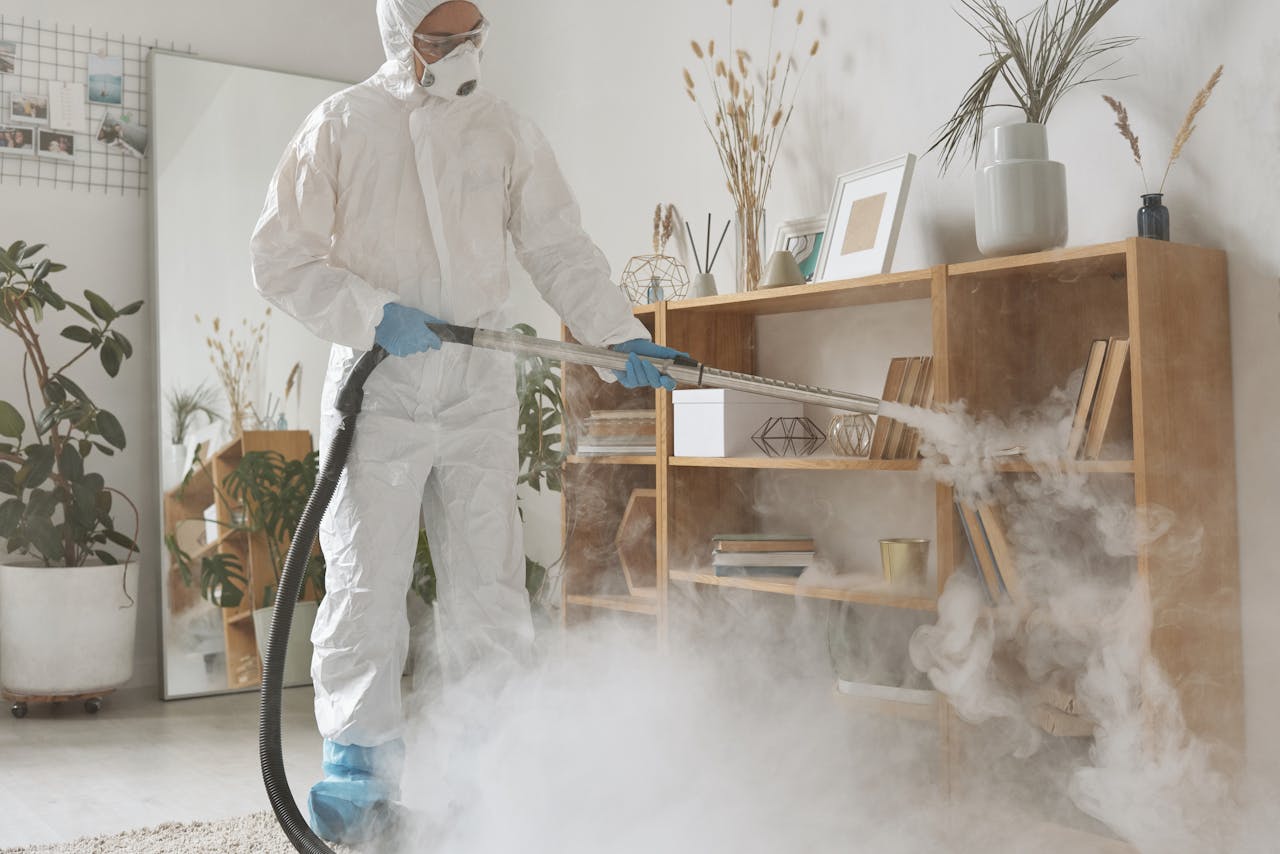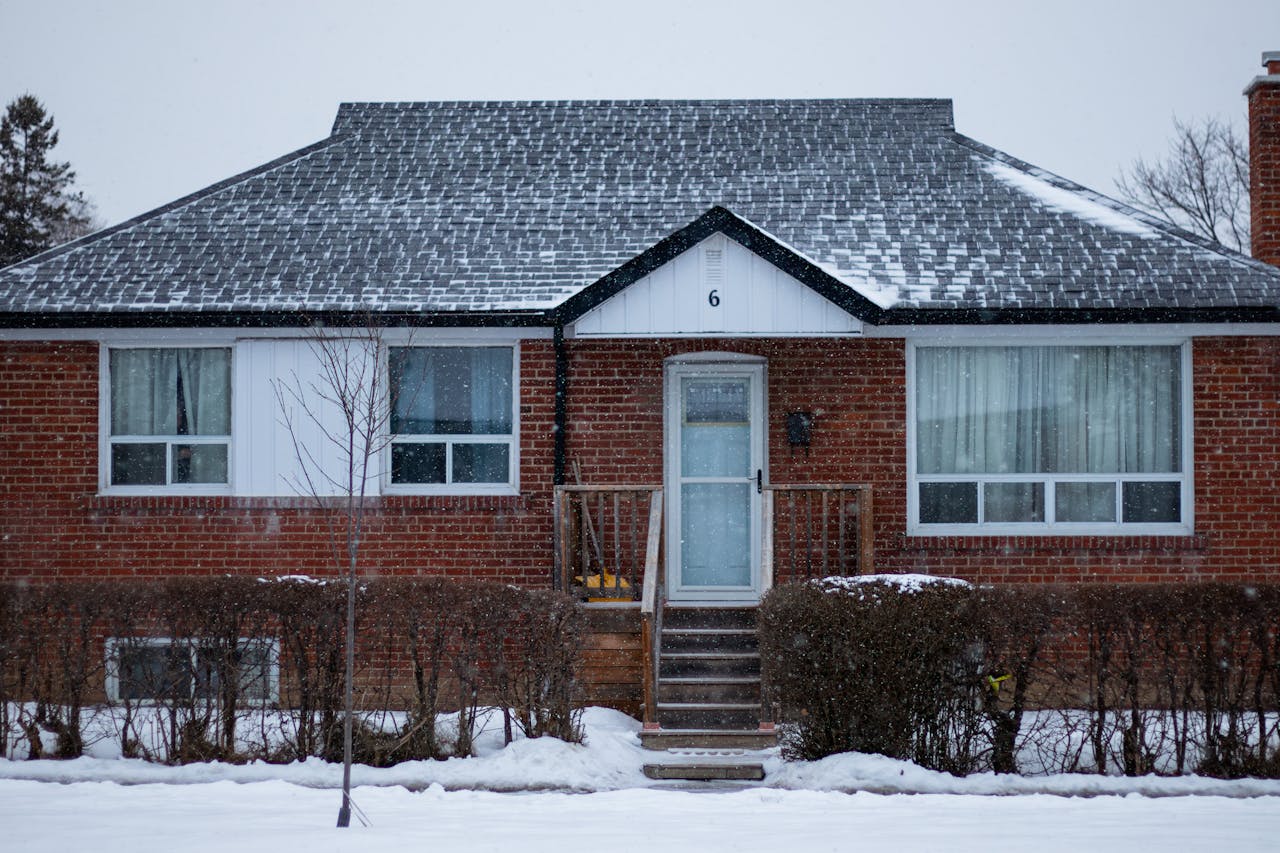
If you own a home in Robertsdale, you may have heard about termite bonds. A termite bond is an agreement with a local pest control company that provides ongoing protection against termites. Typically, the bond includes regular inspections, treatments if termites appear, and sometimes repair coverage for any damage caused. Understanding how long a termite bond lasts and what factors affect its coverage is key for homeowners in our area, as termite damage can be expensive.
What is a Termite Bond?
A termite bond is a service contract between a homeowner and a pest control company. The main goal of this agreement is to protect the home from termite infestations, offering peace of mind to homeowners. Rather than paying for a one-time treatment, you pay for ongoing protection. This might include scheduled inspections, follow-up treatments, and even repair coverage for any termite damage.
It is essential to note that a termite bond is different from a one-time termite treatment. A treatment is a single service where chemicals or other methods are applied to control termites. A termite bond, however, is a long-term contract that covers future inspections and treatments. In some cases, the bond can even transfer to a new owner if you decide to sell your home in Robertsdale.

How Long a Termite Bond Usually Lasts in Robertsdale
When asking how long a termite bond lasts, the answer is typically straightforward: most termite bonds in Robertsdale last for one year. This is the most common arrangement, with annual renewals ensuring continued coverage. Each year, the pest control company will conduct an inspection for any signs of termites and apply treatments as needed.
However, some pest control companies offer multi-year termite bonds, which can last anywhere from five to ten years. These longer-term bonds are often tied to the type of termite treatment used. More robust treatments or barrier systems might allow the company to offer extended coverage. Even with longer bonds, regular inspections are still required to maintain the bond.
Renewal is an essential aspect of termite bond coverage. If a homeowner neglects to renew their bond, coverage will end, and any new infestations may not be treated under the contract. Homeowners in Robertsdale need to track when their bond expires and what the renewal costs will be.
What Affects How Long a Termite Bond Lasts
Several factors can influence the duration and effectiveness of a termite bond in Robertsdale.
Type of Coverage
Some termite bonds in Robertsdale cover only retreatment, meaning if termites are found, the pest control company will return to apply more treatments. Other bonds may also cover repairs, meaning the company will pay for any damage caused by termites. Repair coverage is more expensive but offers better protection. The type of coverage you select will impact both the length of the bond and what it covers.
Contract Rules and Inspections
Most termite bonds come with specific rules homeowners must follow. For instance, most contracts require annual inspections. If you skip these inspections, your bond could become invalid. Some contracts also require homeowners to notify the company if they notice any signs of termite activity, ensuring that issues are caught early.
Environmental and Geographic Conditions
In Robertsdale, the climate can influence the length and effectiveness of a termite bond. Termites tend to be more active in areas with high humidity and warm temperatures, which is typical for our region. Homes in these conditions may need more frequent inspections and treatments. The type of soil around your home can also play a role: sandy soils allow termites to move faster, while clay soils can slow them down.
Homeowner Responsibilities
A termite bond is a partnership between the homeowner and the pest control company. Homeowners must help prevent conditions that attract termites, such as keeping firewood away from the house and ensuring proper drainage. If homeowners fail to maintain their property, it could affect the bond's coverage or reduce its effectiveness.
Things to Check Before Getting a Termite Bond in Robertsdale
Before signing a termite bond in Robertsdale, there are a few essential details to consider.
What is Covered
First, check exactly what the bond covers. Some contracts only protect the structure of the house, while others might cover personal property as well. Ask the company if the bond covers subterranean termites and any other species that might be common in Robertsdale.
Length of Coverage and Renewal Costs
Review the length of the bond and how often it needs to be renewed. Most bonds are annual, but some may last longer. Be sure to ask about renewal costs and whether these fees will change over time, so you can plan for future expenses.
Transferability
If you plan on selling your home in the future, ask if the termite bond can be transferred to the new owner. A transferable bond can be an attractive selling point, showing that the home has ongoing protection against termites. Some companies allow this transfer for free, while others may charge a fee.
Exclusions or Limits
Always read the fine print of the contract. Some bonds may not cover damage to certain areas of the house, such as crawl spaces or garages. Others might exclude pre-existing damage. Understanding these limitations upfront can help you avoid surprises later.
Start Your Quote Today
Our licensed specialist will search for the best insurance quotes and will email you when ready.



